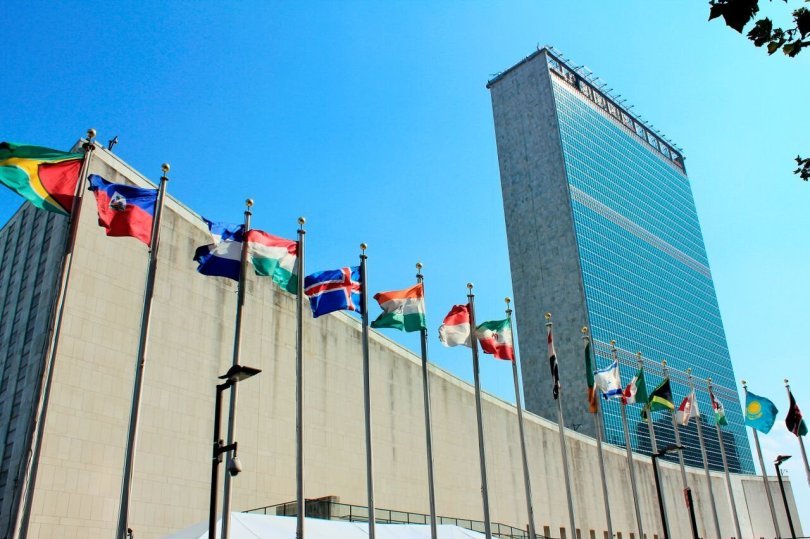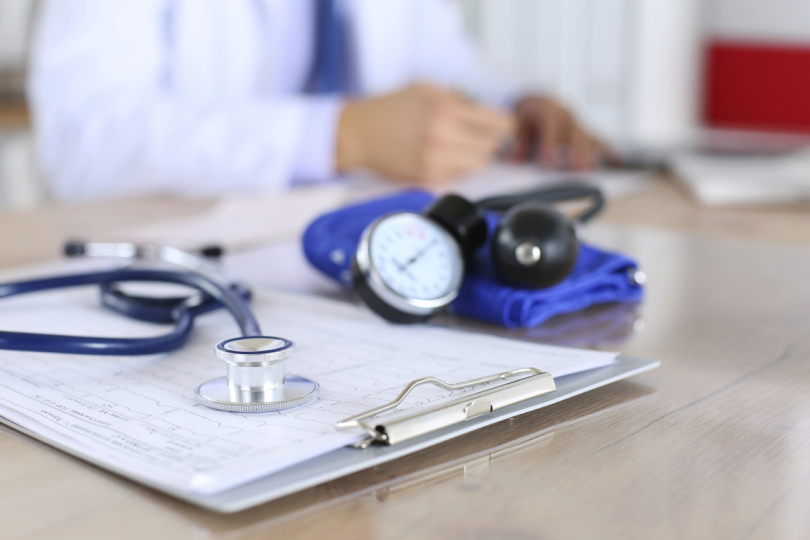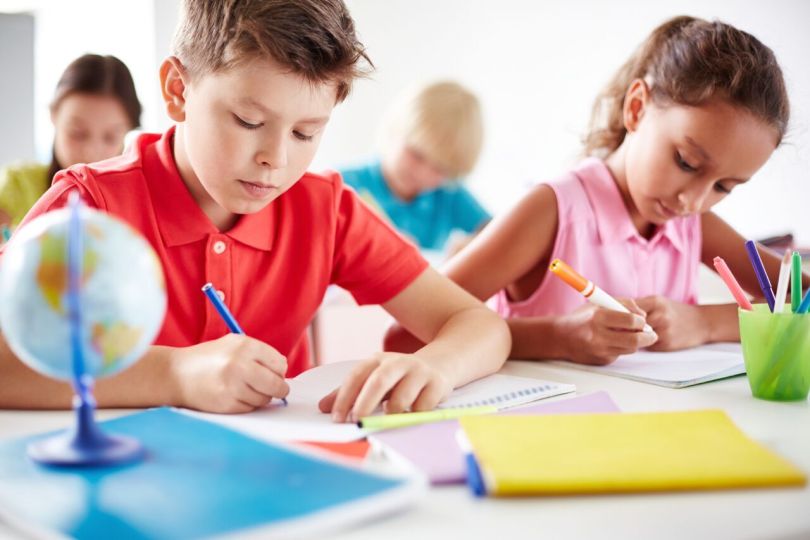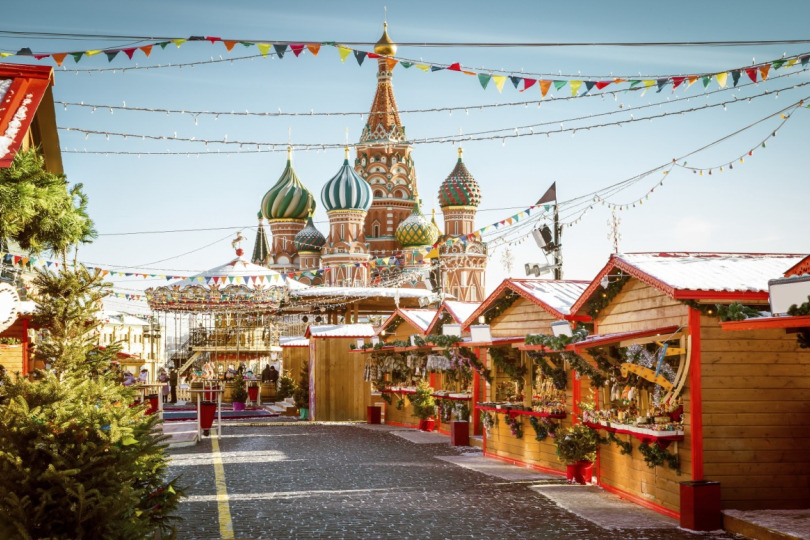
Trust in Banks Low, Yet Private Deposits on the Rise
In 2015, Russians’ trust in banks dropped sharply as the country’s economy faced a crisis, yet at the same time, the amount of individual bank deposits paradoxically increased, according to findings from a survey conducted by LSES as part of the "Monitoring Financial Behaviour and Consumer Confidence in Financial Institutions" project (2009-2015).

Why Russia is Passive in the WTO Court
In terms of activity in lodging complaints with the WTO Court (the agency through which WTO members resolve their disputes), Russia has not advanced beyond South Africa. The United States and EU countries are currently the leaders in terms of WTO disputes. The low level of activity on Russia’s side is primarily due to its relatively recent membership in the organization.

Russia's Top Innovation-driven Regions Announced
Russian regions differ significantly in terms of their attitude to innovation, according to a new release of the Russian Regional Innovational Development Ranking prepared by the HSE's experts. Thus, almost one-third of all industrial companies in Chuvashia have implemented innovative technology, while more than half of all manufactured goods in Sakhalin Region are products of innovation; in contrast, little innovative activity is observed in most territories of the North Caucasus.
.jpg)
Ageing Can Drive Progress
Twenty years from now, the number of retired persons worldwide will have grown by 600 million, almost double the current number. Life expectancy will have increased, bringing new economic challenges. Yet the growing number of seniors can also stimulate important breakthroughs in medicine, biotechnology, nanotechnology, cognitive sciences and robotics, according to the report 'Global Population Ageing and the Threat of Political Risks in the Light of Radical Technological Innovation in the Coming Decades.'
Most Russians Need to Be Financially Enlightened
Only 2% of Russians consider themselves financially literate. One in 10 people signs contracts without reading them. Almost half of all depositors do not understand what state insurance of private savings means. One third of the population can manage their individual budget, but do not know their way around the financial services market.
Who Feels Poor in Russia
The level of education, the size of the settlement, and the social status can all seriously affect the chance of feeling poor in Russia. These are the findings by experts of the HSE Institute for Social Policy, revealed as part of their regular Monitoring of the Social and Economic Situation and Well-being of the Population.

Performance Motivating Factors Reported by Russian Doctors
Interesting work, the desire to help patients, and money – these are the three key factors which motivate Russian doctors to perform, while career ambitions remain a secondary consideration, according to HSE research. Alexander Temnitsky, Leading Research Fellow of the HSE Centre for Health Policy, studied Russian doctors’ personal motives driving their performance between 2007 and 2014.

Children of Richer Parents Do Better at School
The more books in the family and the richer and more educated the parents, the more likely it is that the children will do well at school. Elena Kardanova, Inna Antypkina and Alina Ivanova, researchers at the Centre of Education Quality Monitoring of the HSE Institute of Education, presented their paper 'The Progress of Grade One Students in the First Year of School: Perpetuating Inequality in Primary Education' at the HSE's XVII April Conference.

Pride for One's Country vs. Soviet Luxury: Top Papers of the April Conference
The April International Academic Conference on Economic and Social Development is Russia’s leading academic forum on social and economic sciences, and has won international acclaim. The XVII April Conference hosted by the HSE with support from the World Bank took place in Moscow on April 19-22, 2016. Selected by journalist Boris Grozovsky specially for IQ.hse.ru, below are some of the must-reads from the 900 papers presented at the HSE's XVII April Conference.
'Normal Is Not Ridiculous': Most Interesting Reports Presented at the HSE's XVII April International Academic Conference
The April International Academic Conference on Economic and Social Development is Russia’s leading academic forum on social and economic sciences, and has won international acclaim. The XVII April Conference hosted by the HSE with support from the World Bank took place in Moscow on April 19-22, 2016. A total of 900 papers were presented at the HSE's April Conference. We consider the following selection to be must-reads.


Applications are submitted until August 17, 2025